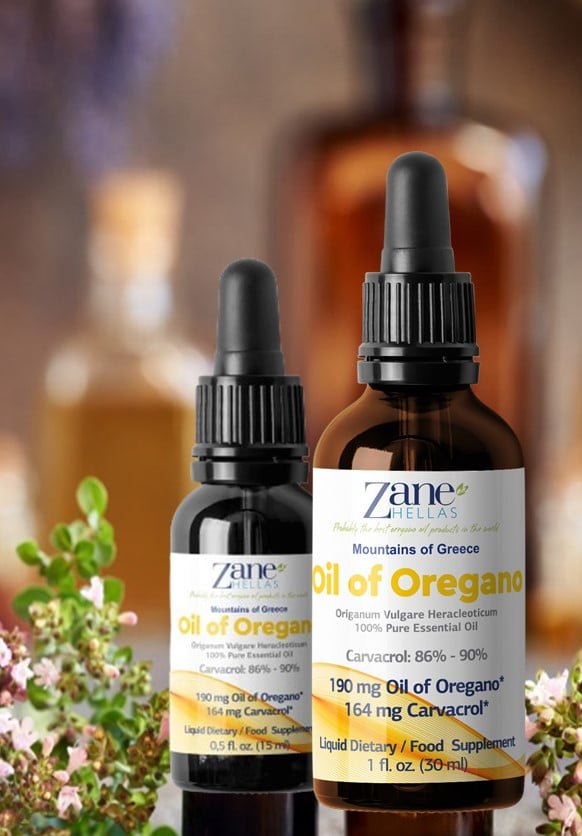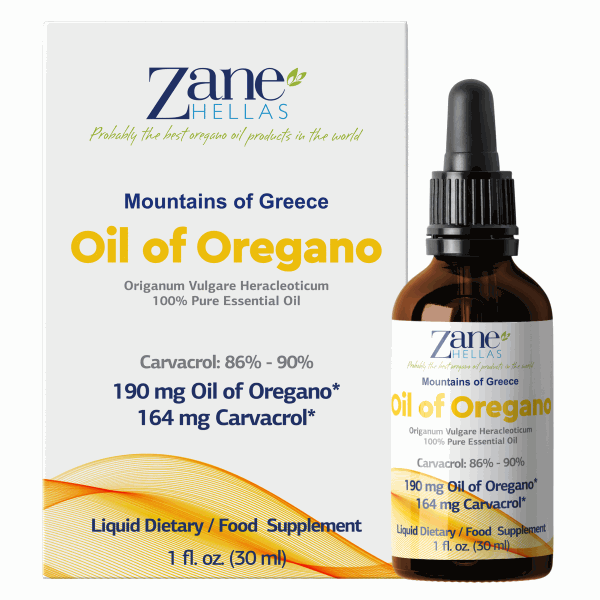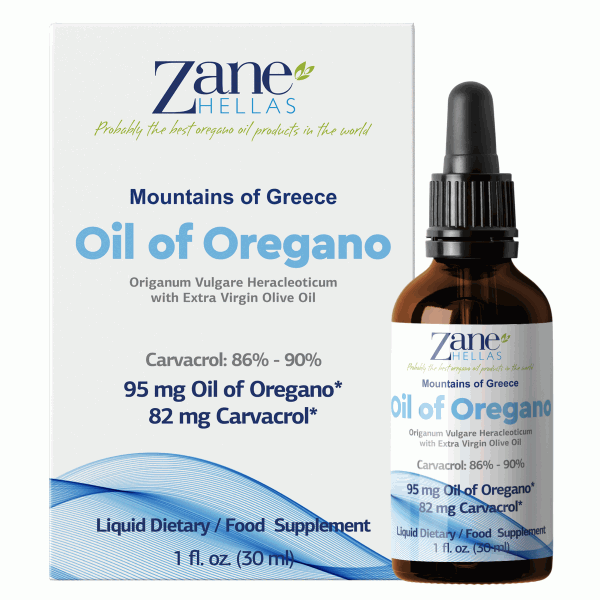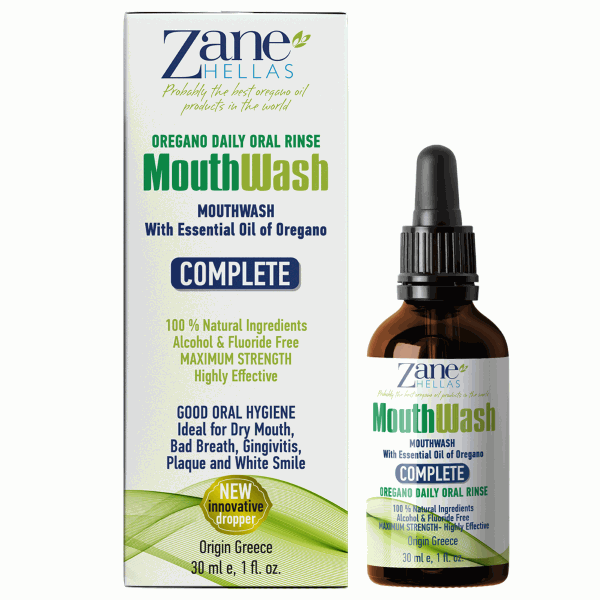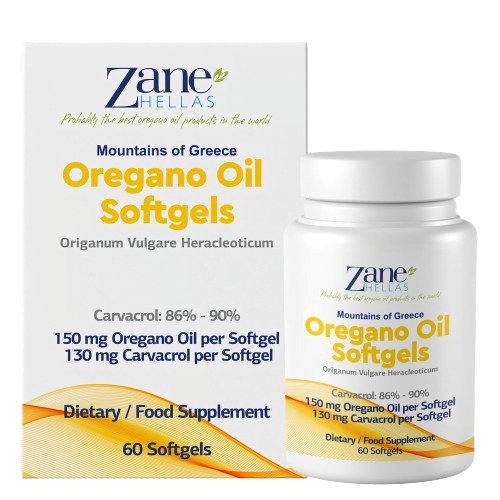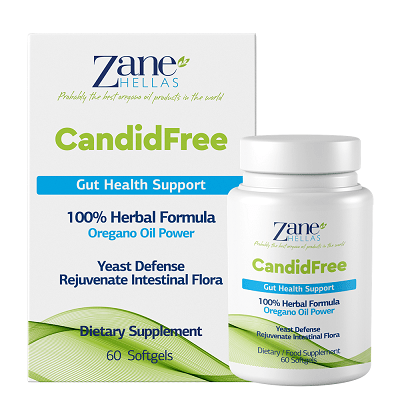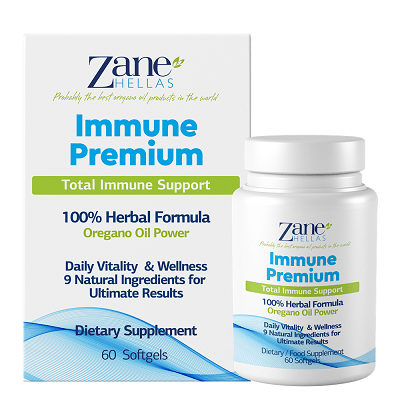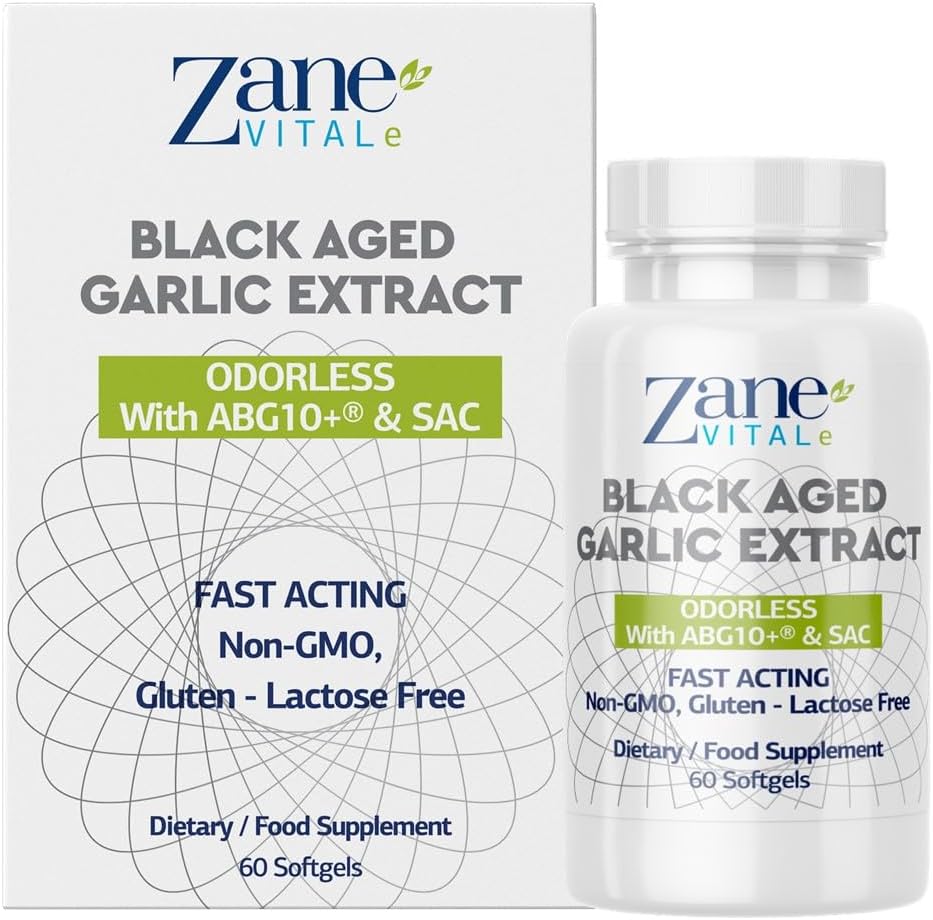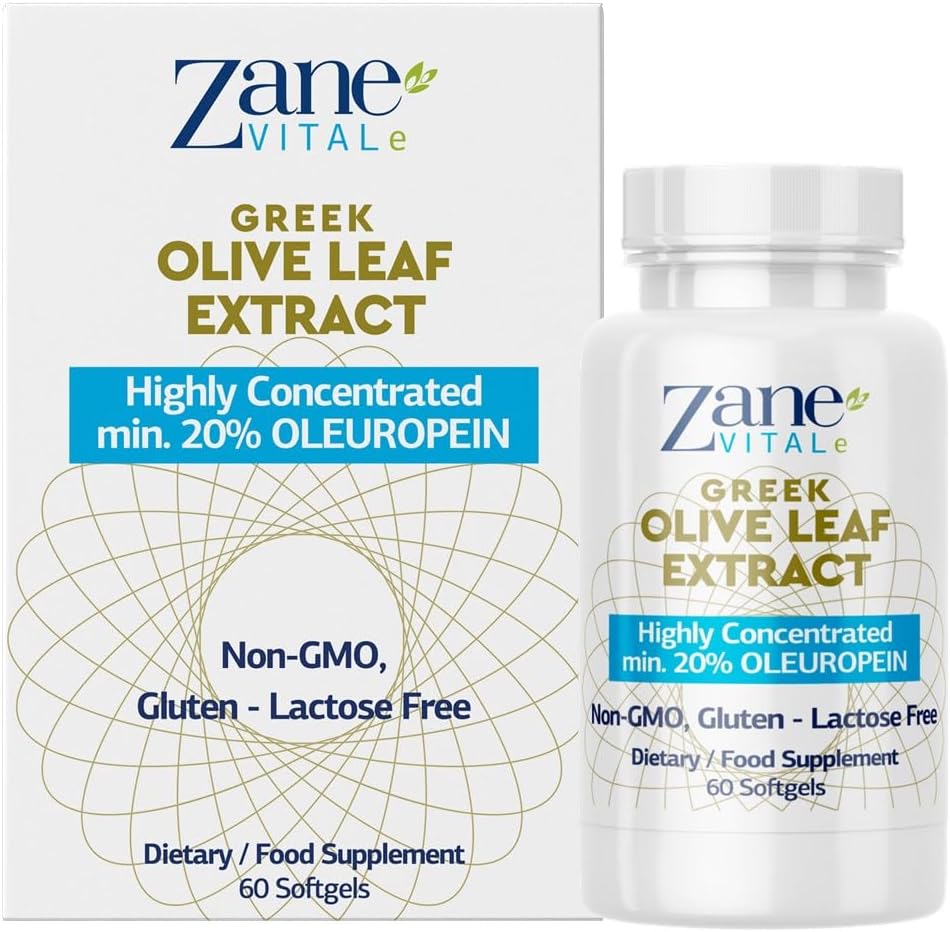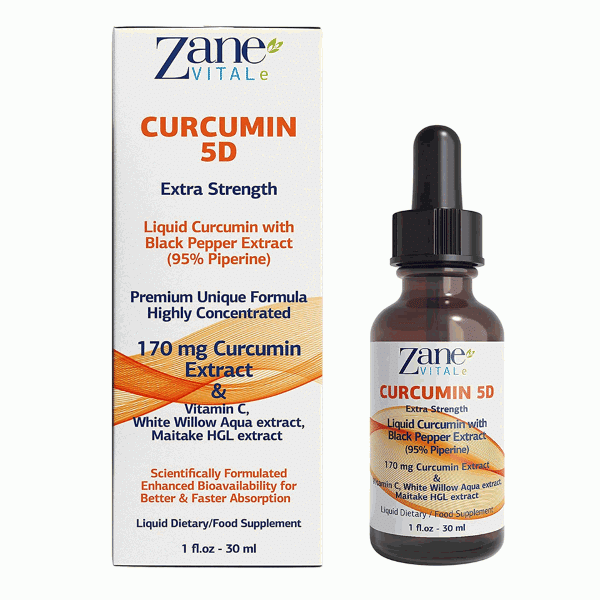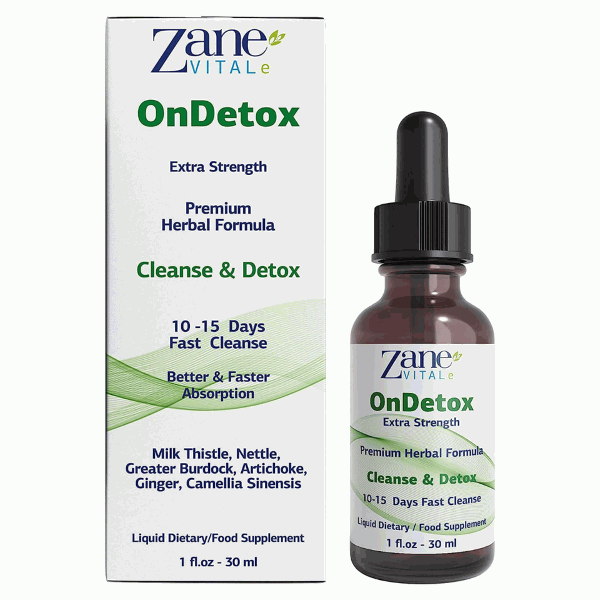No products in the cart.






NEWSLETTER
Subscribe now and get 15% off on your first order
OUR BRANDS

Premium Quality
Oregano Essential Oil

All Natural
Feet and Nail Solution

Premium Quality
Dietary / Food Supplements
BEST SELLING PRODUCTS
Visit our shop for a complete list of premium products
Our passion for nature led us to take advantage of what the Greek nature has to offer.
OUR
Philosophy
Our goal is to provide our customers and consumers with safe, high-quality and innovative products that meet their needs, at a competitive price. We pride ourselves on being honest with our customers to help ensure they receive all of the benefits they deserve and expect from our range of products.
![]() Passion for Nutrition & Wellness
Passion for Nutrition & Wellness
![]() Care for our Customers
Care for our Customers
![]() Team Working Spirit
Team Working Spirit
![]() Quality Products
Quality Products
![]() Love for Nature
Love for Nature
![]() Competitive Prices
Competitive Prices
LATEST PRODUCTS
Check our newest products

Only the best
LOVE FOR NATURE / PASSION FOR WELLNESS
Vitality Boost
Embrace a heart-healthy lifestyle with our nutrition solutions. Our products are crafted to support overall vitality, promoting a strong and resilient core for a vibrant life.
Sustained Energy Release
Experience a natural surge of vitality with our wellness offerings. Designed to provide sustained energy throughout the day, our nutrition solutions keep you energized and ready to conquer every moment.
Digestive Wellness
Nurture your digestive system with our nutrition expertise. Our products are formulated to promote gut harmony, ensuring optimal digestion and absorption of essential nutrients for overall well-being.
Cognitive Clarity
Achieve mindful balance with our nutrition and wellness solutions. Designed to support cognitive function, our products contribute to mental clarity and focus, empowering you to face life's challenges with a clear and sharp mind.
Excellent product!
“Taking 4 drops in a teaspoon of olive oil gives a real warming effect in the mouth and throat and then the goodness continues to work in the body’s system. Certainly, adds a feel good factor to one’s"
Fast delivery!
I would like to thank you Zane Hellas company for my order which was promptly handled and delivered to Slovakia, unbelievably within 4 working days! The customer service is working perfectly (we exchanged several mails with Ms. Ellen Papageorgiou before and after the order) and the oregano oil is of superior quality. I will recommend to anyone and always come back to you with another order!
Amazing quality!
“Absolutely cannot live without this – the quality is amazing. I always keep it in my bag and take at the first sign of illness. Just about to order another bottle.”
BLOG
Stay informed about the latest advancements in Oregano Oil research, product formulations, and applications.

No posts were found for provided query parameters.

